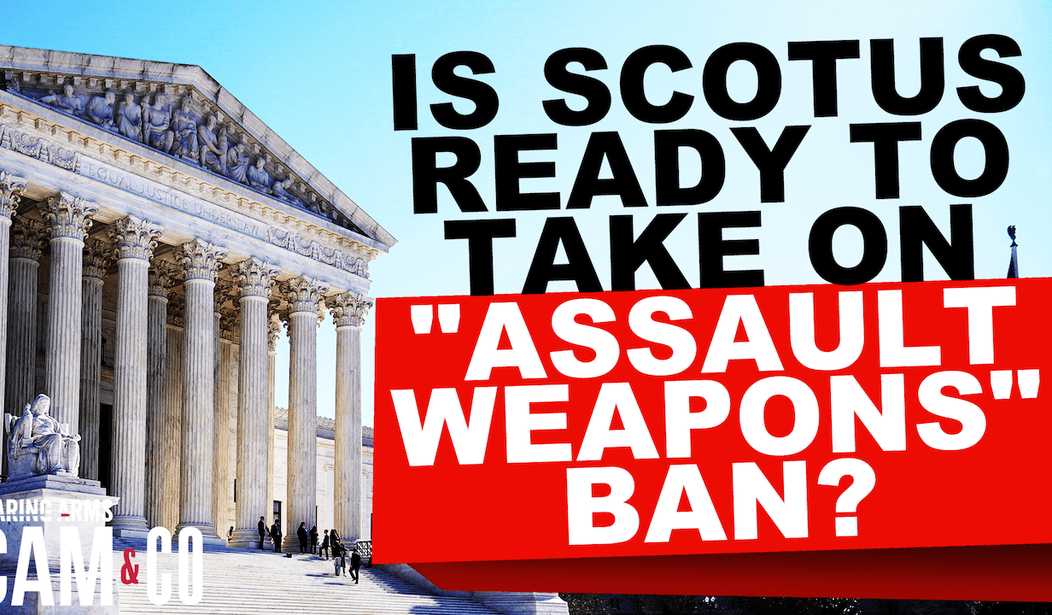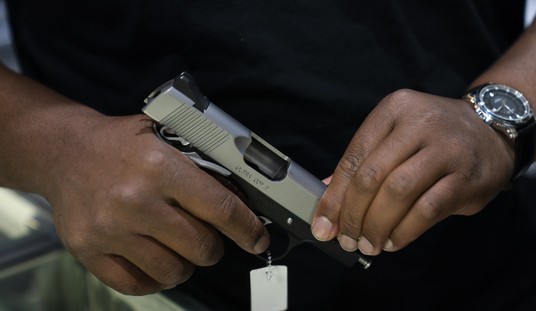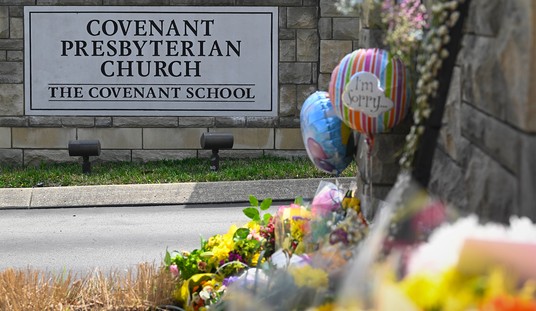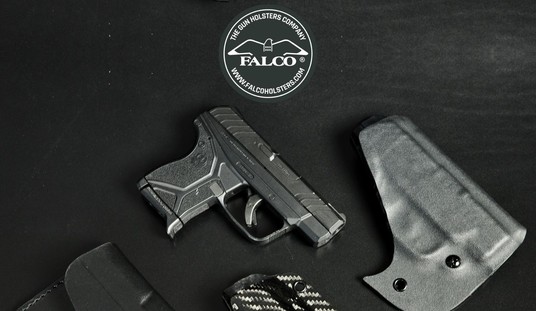A challenge to Maryland’s ban on so-called assault weapons could soon be taken up by the Supreme Court, and on today’s Bearing Arms’ Cam & Co the Second Amendment Foundation’s Alan Gottlieb explains why he’s cautiously optimistic that the Court will agree to heart the case
One of the big reasons for Gottlieb’s optimism is that the Supreme Court has asked Maryland’s Attorney General to weigh in on why it shouldn’t accept the case known as Bianchi v. Frosh, which is somewhat unusual.
While AG Brian Frosh’s brief to the Court isn’t due for a few more weeks, the Democrat is expected to argue that the Court has no reason to grant cert here, given that the Court allowed the Fourth Circuit’s original decision upholding Maryland’s gun ban to stand a few years ago in a case called Woolard v. Gallagher. The Bianchi case, according to the Fourth Circuit, is simply a rehashing of the arguments in Woolard, and Frosh will most likely just follow the Fourth Circuit’s lead in arguing that the Supreme Court should pass by the Bianchi case and leave the state’s ban on “assault weapons” intact.
As Gottlieb points out, though, if every justice on the Court were inclined to agree, they probably wouldn’t have requested that Frosh submit a brief of his own.
Clearly there’s some level of interest on the Court to take another look at the law in question and the reasoning used by the Fourth Circuit in upholding the ban, which is good, because the Fourth Circuit’s “logic” didn’t make any sense at all; declaring that AR-15s and other semi-automatic rifles aren’t protected by the Second Amendment because they’re “like machine guns.” Gottlieb believes that the fact that half of the state Attorneys General around the country have filed their own amicus brief asking SCOTUS to accept the case is also of real significance.
In addition, Gottlieb points to an amicus brief authored by Second Amendment scholar and attorney David Kopel on behalf of Professors of Second Amendment Law, the Cato Institute, John Locke Foundation, Center to Keep and Bear Arms, and the Independence Institute that argues the Fourth Circuit’s decision in Woolard contradicts existing Supreme Court precedent, and would have allowed for bans on commonly-owned muskets and rifles at the time of the Founding.
The brief also takes issue with other appellate court rulings on the constitutionality of “assault weapons” bans, including the Seventh Circuit and the “feeble version of intermediate scrutiny” deployed by the Second Circuit, which the scholars argue would have led to the Supreme Court upholding Washington, D.C.’s ban on handguns if the Court had adopted the same ridiculous standard.
Circuit court decisions upholding rifle bans like those in this case rely on untenable reasoning. The Fourth Circuit’s rule, at issue here, would authorize prohibiting the most common arms of the colonial and Founding periods: the all-in-one American long gun that was made for hunting, personal defense, and militia use.
The Seventh Circuit purported to favor arms like those of the Founding Era. Yet the court upheld a ban on self-loading firearms, a type that preceded the Second Amendment by a century-and-a-half.
The Second Circuit employed an especially unfavorable version of intermediate scrutiny that considers only the government’s evidence, and that does not consider less restrictive alternatives. The First Circuit second-guessed law-abiding citizens’ personal choices of common defensive arms.
Now, the odds of the Supreme Court granting cert to any specific case are always pretty long, but Bianchi could very well prove to be compelling to at least four justices on the Court, especially if the pending decision in NYSPRA v. Bruen (dealing with the right to carry) lays out a framework for considering the constitutionality of gun control laws that flies in the face of the legal reasoning used by the appellate courts to uphold bans on commonly-owned semi-automatic rifles.
Be sure to check out the entire conversation with Gottlieb in the video window above, and we’ll keep you updated on any new developments in the case in the weeks ahead.









Join the conversation as a VIP Member